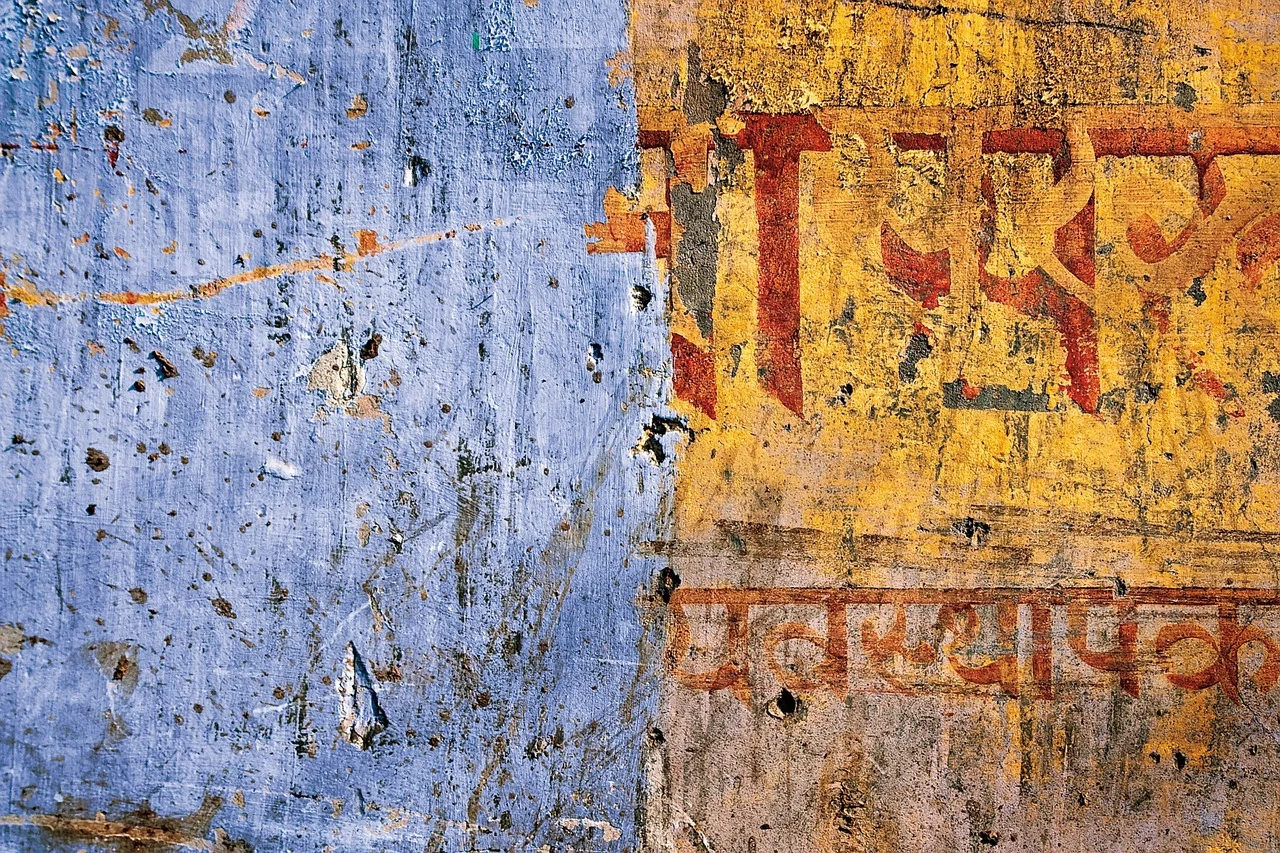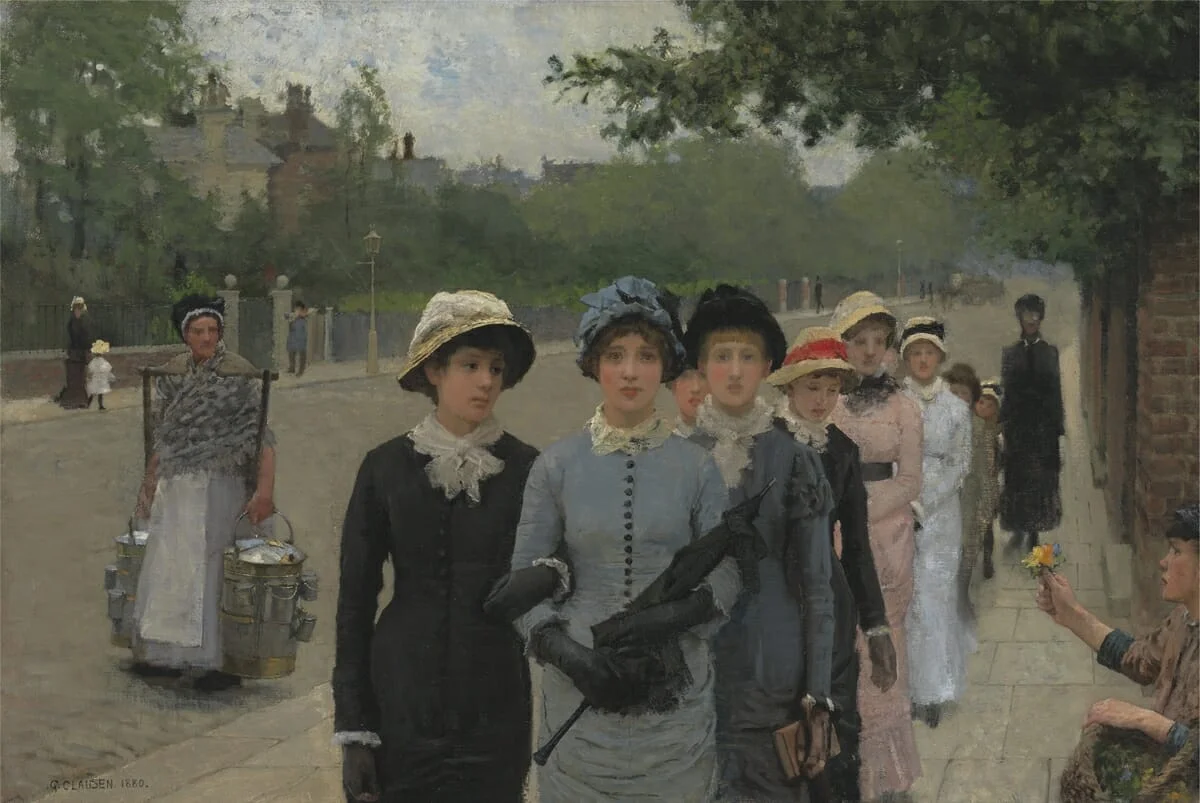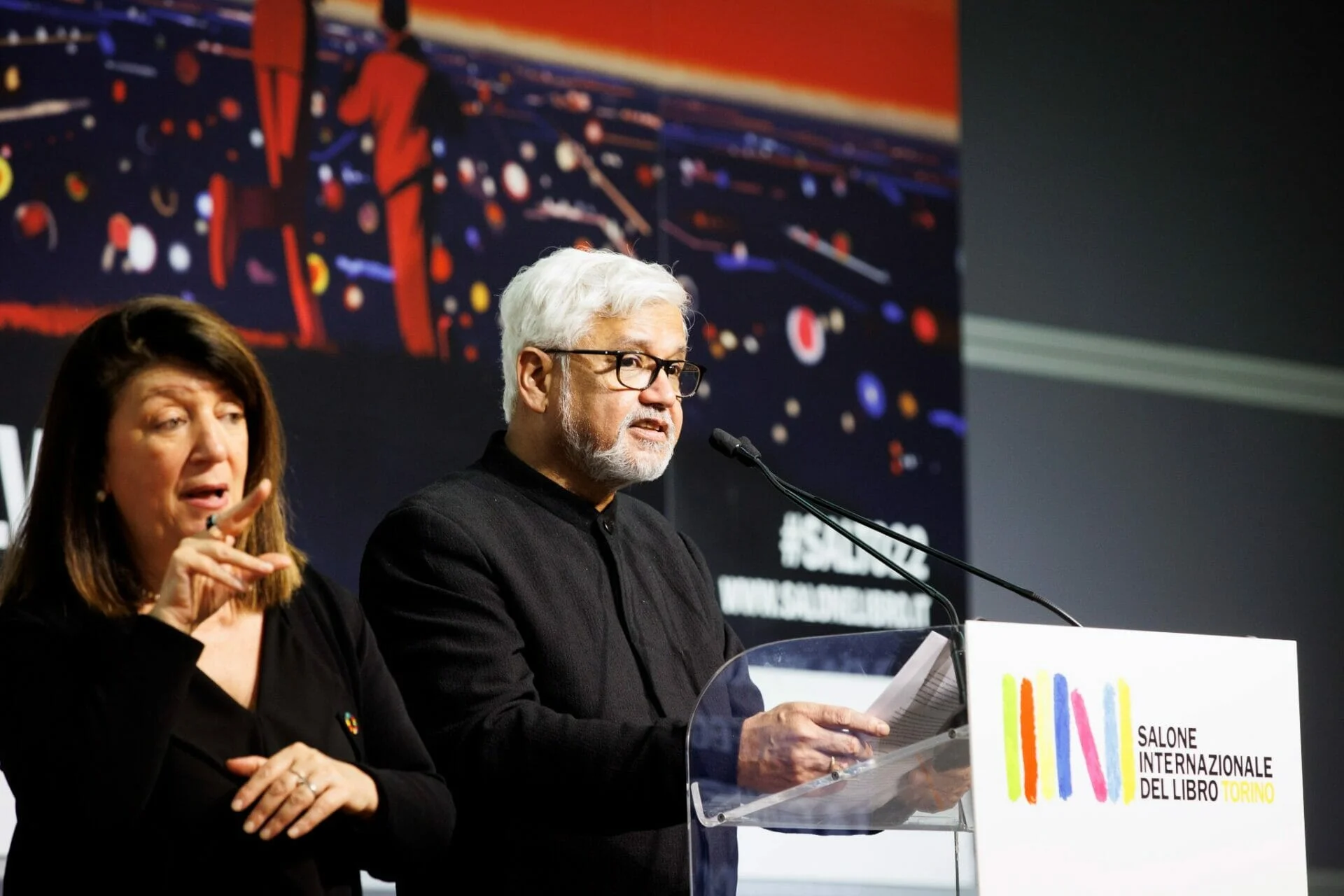
A Passage to India by E. M. Forster | The echo of crumbling certainties
Author
Year
Format
By
Born in London in 1879, Edward Morgan Forster is a liminal author. Neither a Victorian writer nor a Modernist, he combined the former’s plot structuring techniques with the latter’s irony and psychological insight. His fifth novel, A Passage to India, illustrates his style and narrative techniques.
The settings of his novels are varied and stratified, mirroring the author’s journeys to Europe and beyond. His time spent in Italy inspired his first novels, Where Angels Fear to Tread (1905) and A Room with a View (1908). Both were posthumously adapted into films by film directors Charles Sturridge in 1991 and James Ivory in 1985, featuring actors like Helena Bonham Carter and Daniel Day-Lewis.
Upon traveling to India and visiting the Barabar Caves in 1913, Forster began writing A Passage to India, published in 1924 and considered today one of his masterpieces. The title refers to Walt Whitman’s eponymous 1871 poem. Still, where Whitman exalted India as a source of mysticism and energy, Forster reverses the poem’s optimism with probation into the unknowability of the human soul. Like many of Forster’s novels, A Passage to India was also adapted into a film. The 1984 movie, directed by David Lean, won two Oscars and several Golden Globes, thus marking the end of Lean’s career with a critical success.
The Echo and the Id
A Passage to India is set in the fictional Indian city of Chandrapore, where British Mrs. Moore and Miss Adela Quested have arrived to investigate the possibility of arranging a marriage between Miss Quested and Ronny, Mrs. Moore’s son. Appalled by the blatant racism of the British community and the segregation of Indians, both women are eager to see “the real India” and thus agree to have Dr. Aziz escort them to visit the nearby Marabar caves.
The visit to the caves is a climax in the plot. Mrs. Moore feels deeply unsettled by the echo she hears inside the first cave, suddenly feeling her certainties and Christian faith crumble. The echo, described as a sound “entirely devoid of distinction”, engenders the realization that everything is the same and that it is impossible to distinguish good from evil apart.
Her eye rose from it to the entrance tunnel. No, she did not wish to repeat that experience. The more she thought over it, the more disagreeable and frightening it became. […] the echo began in some indescribable way to undermine her hold on life. Coming at a moment when she chanced to be fatigued, it had managed to murmur, ‘Pathos, piety, courage—they exist, but are identical, and so is filth. Everything exists, nothing has value’.
Chapter XIV
Miss Quested, on the contrary, carries on the visit with Dr. Aziz, but soon after, she flees back to the city, accusing him of physical assault, and agrees to open a trial against him, all the while showing clear signs of trauma. She claims that she keeps hearing an echo, which prevents her from thinking clearly.
First introduced in the essay Beyond the Pleasure Principle (1920), Freud’s structural model of the psyche might not have directly influenced Forster’s writing, but the Marabar caves can be easily interpreted as a metaphor for the Id, the unconscious source of impulses and aggressive/sexual desires. In fact, after the visit, Mrs. Moore turns cynical and assertive, in contrast to her former kind and gentle self, while Miss Quested realizes that she does not care about her fiancé, and projects her revulsion against him, the pettiness of the British community, and the landscape upon Aziz.
Orientalism and the White Man’s Burden
While Forster’s novel must have appeared as eye-opening and bold at the time, with its critique of British imperialism and denunciation of racism and classism, today a more critical reading is possible.
In Orientalism, the 1978 seminal book by Palestinian-American philosopher and literary critic Edward Said, the author introduced the term “Orientalism” to characterize Western prejudices and portrayals of “the Orient” as a land of exotic, irrational, and fanatic peoples and cultures. Both in this book and Culture and Imperialism (1994), Said cites A Passage to India to expose how, in its attempt to unveil the racism underlying British colonial rule in India, Forster falls short of vindicating India’s right to political independence.
Moreover, the portrayal of Indians and the Indian landscape does not lack stereotypes, thus reinforcing an Orientalist view of “the Indian character” or preconceived notions of colonial relationships and hierarchies. Even Dr. Aziz, a well-rounded and complex character, is not exempt from over-generalizations:
Like most Orientals, Aziz overrated hospitality, mistaking it for intimacy, and not seeing that it is tainted with the sense of possession.
Chapter XIV
However, coming only 25 years after Kipling’s The White Man’s Burden, Forster depicts with great irony the “civilizing” role that the British community perceives as their duty, together with their self-righteousness and racist attitudes towards Indians. Through Ronny, Miss Quested’s fiancé, and the colonial officers that surround him, Forster perpetrates a strong critique of imperialist misconceptions.
But Ronny had not disliked his day, for it proved that the British were necessary to India; there would certainly have been bloodshed without them. His voice grew complacent again; he was here not to be pleasant but to keep the peace, and now that Adela had promised to be his wife, she was sure to understand.
Chapter VIII
Indeed, the ensuing events disprove the point of view of such characters: far from ensuring peace, the presence of the British exacerbates inequalities and generates unrest.
Towards Independence
The first part of A Passage to India explores the possibility of friendship between Indians and the British, but its final lines prove that such friendship cannot exist until the British have left India to the Indians. When Mr. Fielding asks Dr. Aziz why they cannot be friends, the horses they are riding, the earth, the birds, the temples, and the sky all seem to answer together “No, not yet”.
Not until 23 years after the novel’s publication, in 1947, did India become an independent nation, a watershed marked by the violence of the partition between India and Pakistan. In retrospect, A Passage to India depicts the rising tensions between the British Raj and Indians, as well as between Muslim Indians and Hindus, that contributed to the geopolitical redefinition of Indian sovereignty.
Postcolonial movements and critique characterized the second half of the 20th century when Anglophone voices rose from former British colonies to tell their version of the stories. We can find numerous examples from Indian literature. Clear Light of Day by Anita Desai describes the life of a family in post-partition India, and the tumult of the transition towards a new order. In The God of Small Things, Arundathi Roy exposes the effects of casteism and the legacies of British rule. Salman Rushdie’s best-known novel, Midnight Children, also deals with the partition, creating a historical chronicle of the birth of the Indian nation using magical realism.
A Passage to India is a step in this convoluted history, signalling a departure from the celebration of British imperialism and an increasing discontent with British foreign policies. Its contradictions, such as the reiteration of Orientalist discourses, make it a novel of transition and liminal state like Forster himself was.
Tag
Buy a ☕ for Hypercritic








